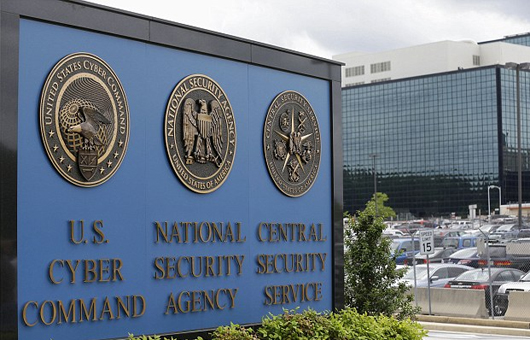
Jeddah, Jan 16: The US National Security Agency (NSA) has implanted software in nearly 100,000 computers around the world allowing it to carry out surveillance on those devices and also provide a digital highway for cyber attacks, the New York Times reported on Tuesday.
Saudi Arabia is among the countries where such surveillance software has been covertly installed, according to The Times which cited NSA documents, computer experts and US officials in its report.
The Times reported that the technology, used by the agency since at least 2008, relies on radio waves that can be transmitted from tiny circuit boards and USB cards inserted covertly into the computers.
The NSA calls the effort an “active defense” and has used the technology to monitor units of the Chinese Army, the Russian military, drug cartels, trade institutions inside the European Union, and sometime US partners against terrorism like Saudi Arabia, India and Pakistan, the Times reported.
Among the most frequent targets of the NSA program, code-named Quantum, has been the Chinese Army.
“NSA’s activities are focused and specifically deployed against — and only against — valid foreign intelligence targets in response to intelligence requirements,” Vanee Vines, an agency spokeswoman, said in a statement to the Times.
“We do not use foreign intelligence capabilities to steal the trade secrets of foreign companies on behalf of — or give intelligence we collect to — US companies to enhance their international competitiveness or increase their bottom line.”
Parts of the program have been disclosed in documents leaked by Edward Snowden, the former NSA systems analyst, the Times reported.
A Dutch newspaper published the map showing where the United States has inserted spy software, sometimes with the help of local authorities. Der Spiegel, a German newsmagazine, published information about the NSA’s hardware products that can secretly transmit and receive signals from computers, according to the Times.
The Times said that it withheld some of those details, at the request of US intelligence officials, when it reported in summer 2012 on American cyber attacks on Iran.
President Barack Obama is scheduled to announce on Friday what recommendations he is accepting from an advisory panel on changing NSA practices. The panel agreed with Silicon Valley executives that some of the techniques developed by the agency to find flaws in computer systems undermine global confidence in a range of American-made information products like laptop computers and cloud services.
Embracing Silicon Valley’s critique of the NSA, the panel has recommended banning, except in extreme cases, the NSA practice of exploiting flaws in common software to aid in American surveillance and cyber attacks.
It also called for an end to government efforts to weaken publicly available encryption systems, and said the government should never develop secret ways into computer systems to exploit them, which sometimes include software implants.





Comments
Add new comment